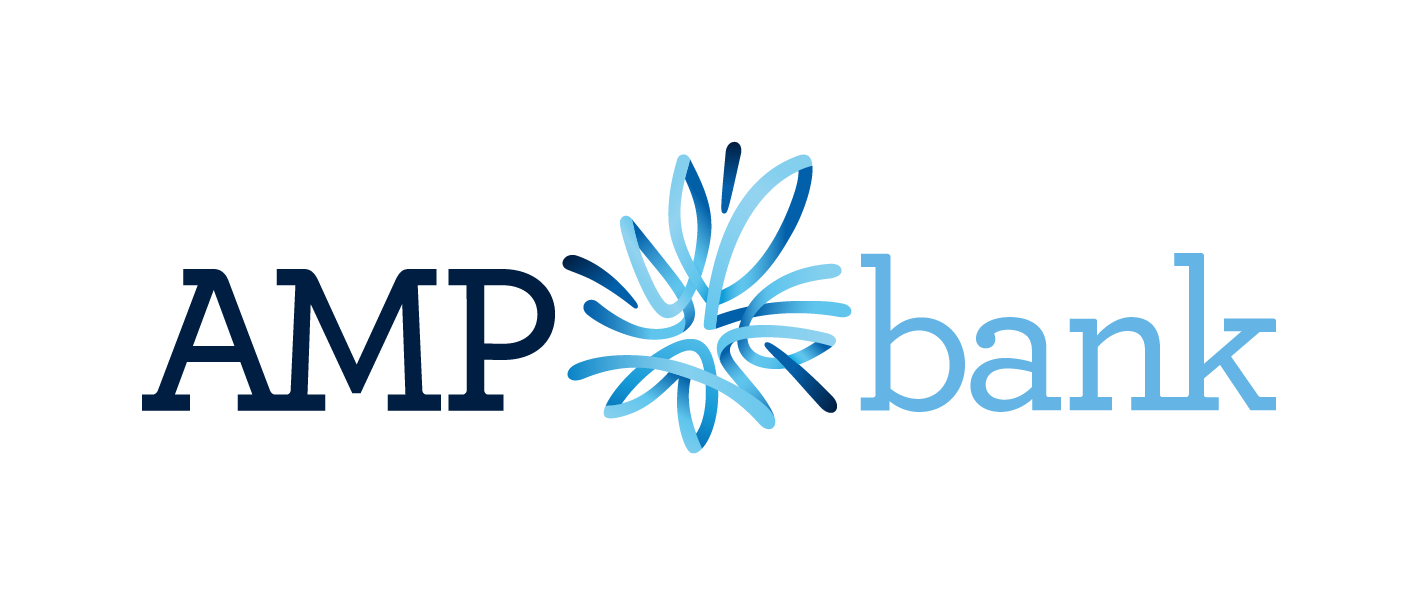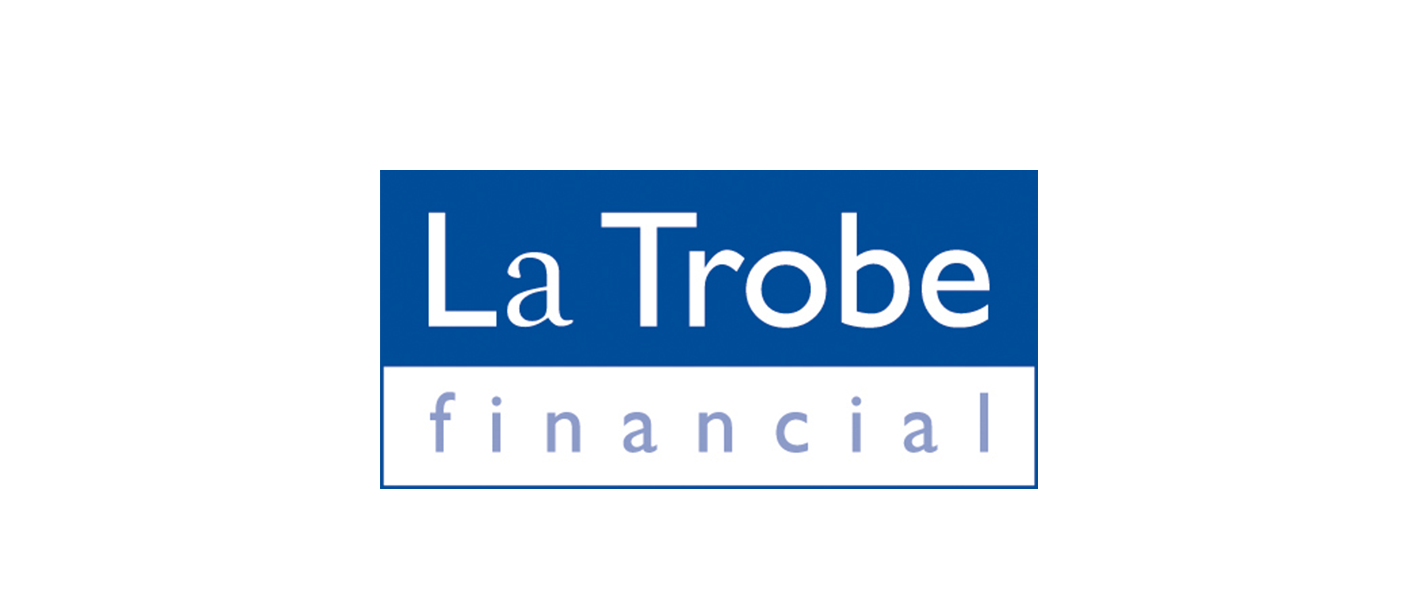Interest Only Investment Home Loans
With an interest only investment loans, you are only required to repay your interest costs without any requirement to make any reductions to your principle. Interest-only investment loans offer several potential benefits for real estate investors, although they also come with some risks. Here are the advantages of using an interest-only investment loan:
Lower Monthly Payments: With an interest-only loan, you only pay the interest portion of the loan for a set period (usually 1-5 years), which results in significantly lower monthly payments compared to a principle and interest amortizing loan. This can improve cash flow, making it easier to manage multiple investment properties.
Improved Cash Flow: Lower monthly payments mean that more of the rental income generated by the investment property can be retained for cash flow or used for other investment opportunities.
Tax Benefits: In some cases, the interest payments on investment loans may be tax-deductible, potentially reducing your overall tax liability. Consult with your tax advisor to understand how this applies to your specific situation.
Flexibility: Interest-only loans offer flexibility in managing your investment strategy. You can allocate the savings from lower monthly payments towards property improvements, other investments, or paying down principal when it suits your financial goals.
Leverage: Using an interest-only loan allows you to leverage your capital more effectively, potentially increasing your return on investment (ROI) if property values appreciate over time.
However, it's important to consider the potential drawbacks and risks of interest-only investment loans, including:
Higher Total Interest Costs: Over the life of the loan, you'll pay more in interest with an interest-only loan compared to a fully amortizing loan, assuming interest rates remain stable.
Principal Repayment: After the interest-only period ends, you'll need to start repaying the principal, which can result in significantly higher monthly payments. This can be challenging if rental income doesn't cover the increased costs.
Market Risk: If property values decline, you may owe more on the property than it's worth when it's time to start repaying the principal, potentially leading to negative equity.
Rate Increases: If interest rates rise, your monthly payments during the interest-only period could increase, affecting your cash flow.
Investors should carefully assess their financial situation, investment goals, and risk tolerance before opting for an interest-only investment loan. It's advisable to consult with a financial advisor or mortgage professional to determine if this type of loan aligns with your specific investment strategy and financial capacity.

















